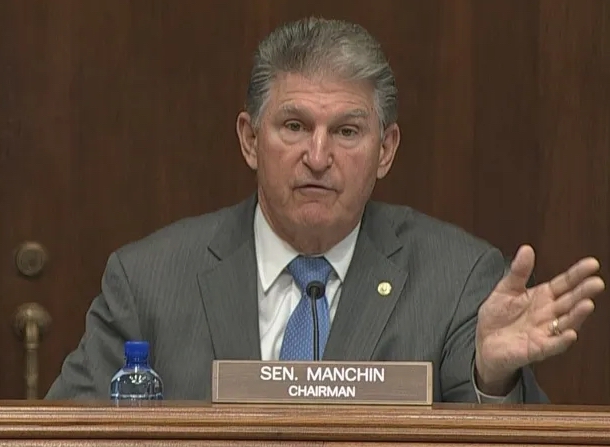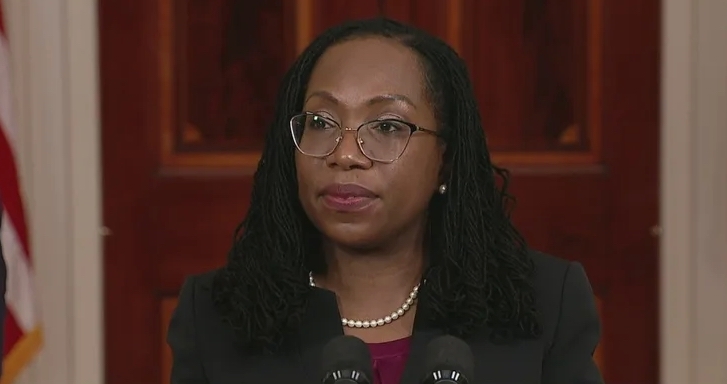Frank Devito writes for the Federalist about a Democratic plan to impose term limits on U.S. Supreme Court justices.
On July 26, Rep. Hank Johnson, D-Ga., introduced a bill to end life tenure for Supreme Court Justices. The “Supreme Court Tenure Establishment and Retirement Modernization (TERM) Act” proposes to end life tenure and create a system where justices actively serve for 18 years before taking senior status. Sen. Sheldon Whitehouse, D-R.I., is introducing the bill in the Senate. This is a clear partisan political reaction to the court’s release of a series of excellent decisions this term and contains serious constitutional and logical problems.
Article III, Section 1 of the U.S. Constitution vests all judicial power in the courts and states that “[t]he Judges … shall hold their Offices during good Behaviour.” This has long been interpreted to give life tenure to Supreme Court justices, as long as they are not impeached due to lack of “good Behaviour.”
How, then, does Congress think it can get away with passing clearly unconstitutional legislation? The Democrats who have proposed this legislation have, of course, thought about this a bit. The TERM Act requires a justice to assume senior status after 18 years. At this time, he will retain his title as a “Senior Justice” and will continue to be compensated, hear cases on lower courts, and serve on the Supreme Court should a vacancy or conflict with a current acting justice arise.
The bill’s sponsors believe that this solves the constitutional problem. If justices are forced to retire after 18 years but they can maintain their office as a senior justice and continue getting paid, then the letter of the Constitution is fulfilled, they claim.
It is questionable that the constitutional requirement that a justice “shall hold [his] Office” is fulfilled by forcing a justice into partial retirement.


